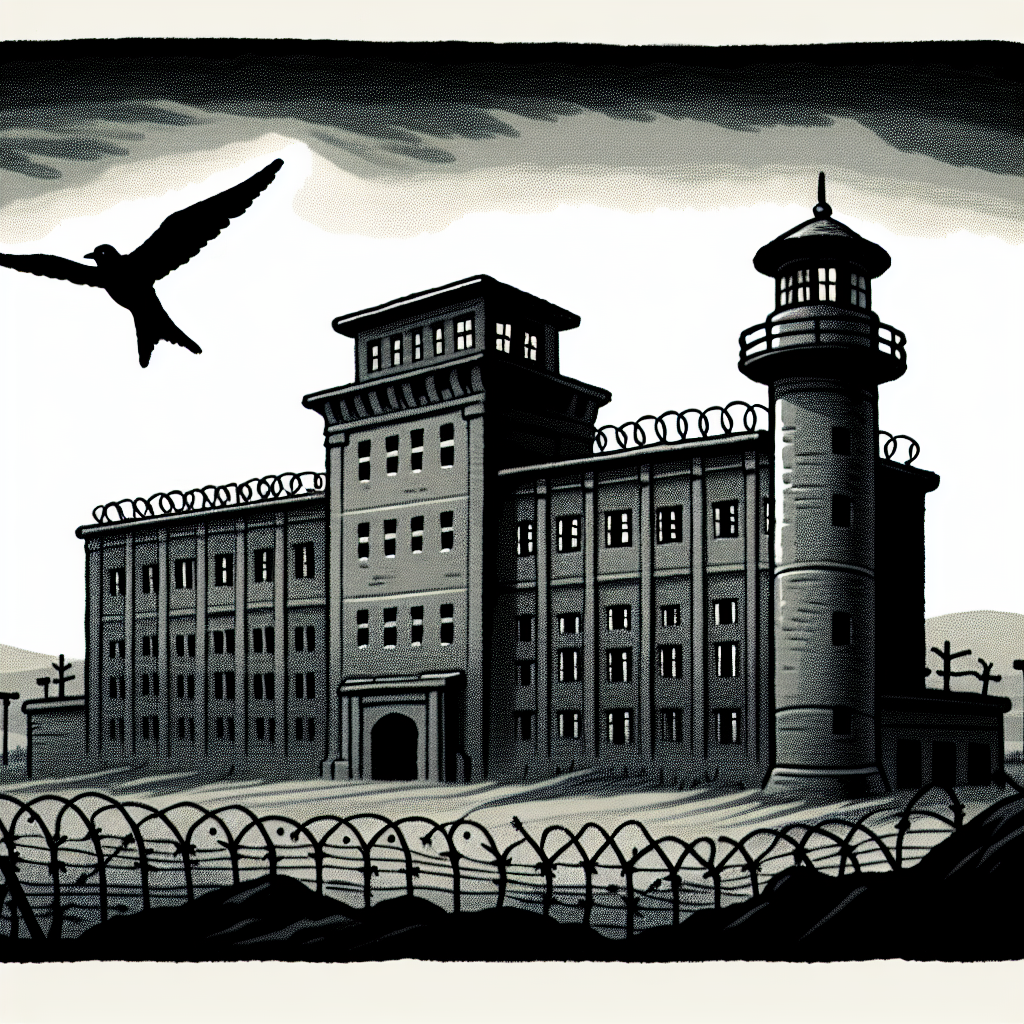UN Experts Condemn Belarus for Unfair In Absentia Trials Amid Escalating Repression
According to civil society reports, the number of in absentia criminal proceedings against Belarusians living abroad surged dramatically in 2024, with 110 cases compared to just 18 in 2023.

A group of independent United Nations human rights experts has raised alarm over Belarus’ increasing use of trials conducted in absentia, citing gross violations of fair trial guarantees under international law. These trials, often targeting political opponents, civil society activists, and human rights defenders, have resulted in severe penalties, including lengthy prison terms, property confiscation, and even the death penalty.
According to civil society reports, the number of in absentia criminal proceedings against Belarusians living abroad surged dramatically in 2024, with 110 cases compared to just 18 in 2023. Over 100 individuals have already been convicted through this procedure since its introduction in 2022.
The experts expressed deep concern that individuals are often unaware of the charges against them, learn of their convictions by chance, and are entirely excluded from the judicial process. Attempts to remotely participate in their trials or access case files have been systematically denied.
“Belarusian legislation on trials in absentia disregards basic fair trial guarantees provided by the International Covenant on Civil and Political Rights, which Belarus has ratified,” the experts said, urging the government to fulfill its international obligations.
Systematic Targeting of Exiles
The practice has disproportionately affected Belarusians who fled the country following the 2020 presidential election and the subsequent crackdown on dissent. These individuals, often viewed as opposition figures, remain targets of state repression even in exile. A 2023 Presidential decree compounded their challenges by barring Belarusians abroad from obtaining identity or travel documents through consular services.
Human Rights Violations Amplified
Those convicted in absentia are denied basic legal protections, including:
- Notification of proceedings.
- The ability to select defense counsel.
- Access to procedural documents or judgments.
Court-appointed lawyers, mandated by the state, frequently refuse to communicate with defendants. Judgments are withheld from public access, with limited information published on inaccessible government websites.
The penalties imposed include:
- Long prison sentences.
- Heavy fines.
- Property and housing confiscation.
- Death sentences for non-serious crimes.
- Revocation of Belarusian citizenship under "extremist" charges.
These actions violate multiple human rights, including the right to fair trial, freedom of expression, and protection from arbitrary detention. The denial of housing and other basic needs further exacerbates the plight of those targeted.
UN Experts Call for Action
The UN experts emphasized the devastating implications of these trials: “Convictions in absentia inevitably lead to violations of various human rights, including the right to a fair trial, the right not to be arbitrarily detained, and the right to an adequate standard of living,” they stated.
They urged Belarus to:
- Halt in absentia trials immediately.
- Restore fair trial procedures in compliance with international law.
- Protect the rights of those in exile and facilitate their access to legal remedies.
International Repercussions and Advocacy
The escalating repression has drawn widespread condemnation from human rights organizations and international bodies. Advocacy groups have called for heightened diplomatic pressure on Belarus, sanctions targeting responsible officials, and increased support for Belarusian exiles.
This growing crisis highlights the urgent need for global attention and intervention to safeguard the rights of individuals targeted by authoritarian regimes.
- READ MORE ON:
- Belarus










